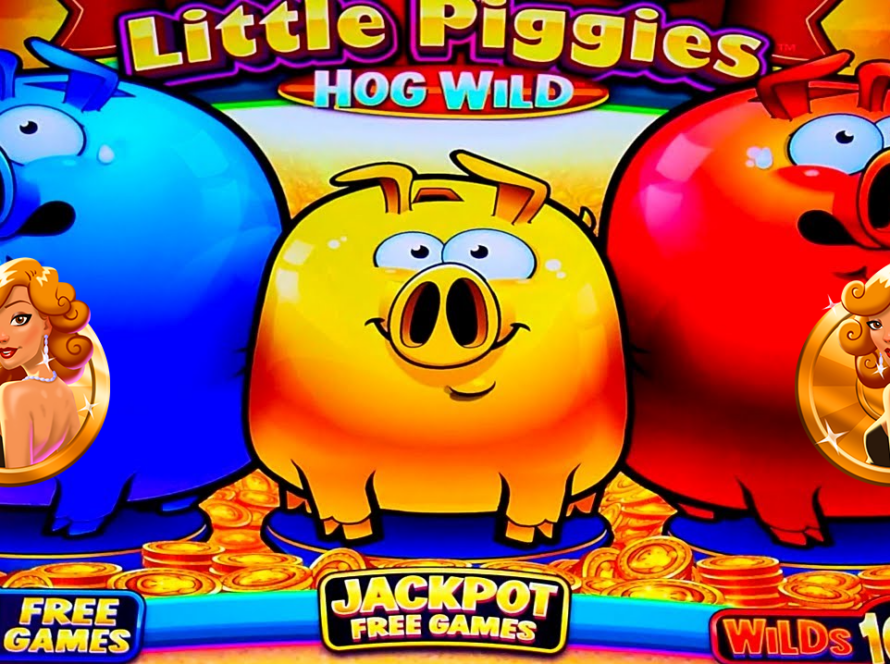Game aggregation is evolving to meet the demands of tech-savvy players and operators in 2025. Here are the key trends driving this transformation:
1. AI-Powered Personalization
Artificial intelligence and machine learning are transforming game aggregation by delivering highly personalized gaming experiences. Aggregators will leverage AI to recommend games tailored to individual player preferences and behaviors, boosting engagement and retention.
2. Seamless Payment Integration
Digital wallets, contactless payments, and cryptocurrencies are set to dominate iGaming transactions. Aggregators will prioritize integrating these payment solutions, offering players faster and more secure ways to deposit and withdraw funds.
3. Gamification and Social Features
Game aggregators are moving beyond content delivery to create interactive player communities. Expect platforms to feature virtual spaces where players can connect, compete in tournaments, and take part in team challenges. Gamified elements will further enhance engagement, encouraging players to return frequently.
Why Game Aggregators Are Vital in 2025
As players demand more variety, convenience, and community-driven experiences, game aggregators are at the forefront of innovation. These platforms provide operators with an efficient way to offer expansive game libraries, incorporate cutting-edge payment solutions, and create vibrant social ecosystems—all through a single integration.
In the highly competitive world of iGaming, the way operators source and integrate their game content can make or break their success. Two main approaches dominate the landscape: direct integrations with game providers and utilizing gaming aggregators. Each method has its advantages and challenges, but understanding their market impact is crucial for making the right strategic decision.
Direct Integration 101
Direct integration involves partnering directly with a game provider. Operators negotiate terms, complete licensing agreements, and integrate the provider’s API into their platform. While this approach offers certain benefits, it comes with significant challenges.
Pros of Direct Integration
- Customized Partnerships: Operators can establish tailored agreements with game providers, such as exclusive content or unique promotional campaigns.
- Brand Alignment: Direct relationships allow operators to align closely with game developers whose content matches their target audience.
- Complete Control: Operators have direct communication with game providers, which can streamline specific requests or technical adjustments.
Cons of Direct Integration
- High Costs: Setup fees, revenue shares, and ongoing support can be expensive.
- Time-Intensive: Negotiating agreements and completing technical integrations for each provider is a lengthy process.
- Limited Scope: Operators relying solely on direct integration often lack the variety and volume of games that players expect.
Gaming Aggregators 101

Gaming aggregators consolidate multiple game providers into a single platform. Through one API integration, operators gain access to an extensive library of games, often from hundreds of developers.
Pros of Using Gaming Aggregators
- Efficiency: One integration provides access to thousands of games, saving operators significant time and resources.
- Cost-Effective: Aggregators negotiate bulk deals with providers, often offering more favorable rates than direct partnerships.
- Variety and Volume: Players demand choice, and aggregators deliver by offering diverse catalogs that cater to all preferences.
- Ease of Compliance: Aggregators handle licensing and regulatory requirements, reducing the burden on operators.
- Scalability: Operators can easily add new games or experiment with different providers without the complexity of direct integration.
Cons of Using Gaming Aggregators
- Limited Customization: Aggregators may not offer the same level of exclusivity or customization as direct integrations.
- Dependency: Operators rely on the aggregator for updates, support, and compliance, which can be a concern for those seeking full control.
Market Impact of Aggregators vs. Direct Integrations
The rise of gaming aggregators has transformed the iGaming landscape. According to industry experts, 80% of operators now use aggregators to streamline their game libraries. Aggregators like Pragmatic Solutions and EveryMatrix have become indispensable partners for operators looking to scale quickly.
“Gaming aggregators are the engine behind modern online casinos. They allow operators to focus on player engagement rather than backend logistics.”
Choosing between direct integration and gaming aggregators depends on your business goals. For operators prioritizing efficiency, variety, and scalability, aggregators are the clear choice. For those seeking tailored partnerships with marquee studios, direct integration remains relevant. Either way, the key is to align your approach with your audience’s expectations and your platform’s capabilities.
Novalink Gaming Aggregator for emerging markets coming soon! Simple, best, easy and made to make you day!


